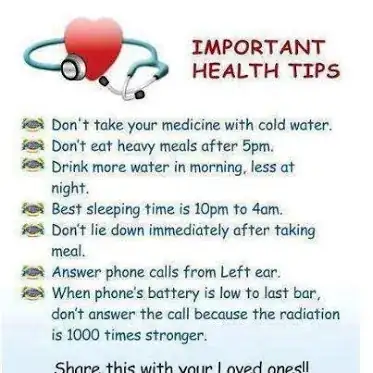The radiation is 1000 times stronger
According to Wikipedia The transmission power of a GSM handset is limited to a maximum of 2 watts in GSM 850/900 and 1 watt in GSM 1800/1900.
According to a Radio-Electronics.com article "GSM Power Control and Power Class" the base station controls handset power output in the range 2-19 which is 39 dBm to 5 dBm.
According to Wikipedia, 39 dBm is around 8 W and 5 dBm is 3.2 mW.
8 W is certainly more than a thousand times stronger than 3.2 mW.
There is some inconsistency in this information, but if we take 3.2 mW to 2000 mW to be the actual range, a 625 X range is still not too far from the claim.
when phone's battery is low
There is no direct causative link between handset battery charge level and handset transmit power level.
Regardless of battery charge, when you are standing next to a transmission tower your handset is only outputting the minimum power needed to communicate. Not the maximum.
As the above linked article should make clear, the power level of the handset is determined by the base station and is adjusted so that the base station can receive the handset signal clearly.
A low base-station signal level indicated at the handset will usually correlate with a need for the handset to transmit at higher power in order to reach through the distance or obstacle that is causing the weakness of the received base-station signal.
A low battery level may indicate only that you have been playing Angry Birds for too long, or forgot to charge your handset last night and may have absolutely no correlation to current effective distance between handset and base-station.
Conclusion
Whilst a 1000 fold variation in power is of the right order of magnitude, your handset's battery level indicator is not a useful indicator of the amount of "radiation" currently emitted by the handset (in talk mode).
The related claim that radiation from the handset may cause health issues is covered in a number of related questions:
